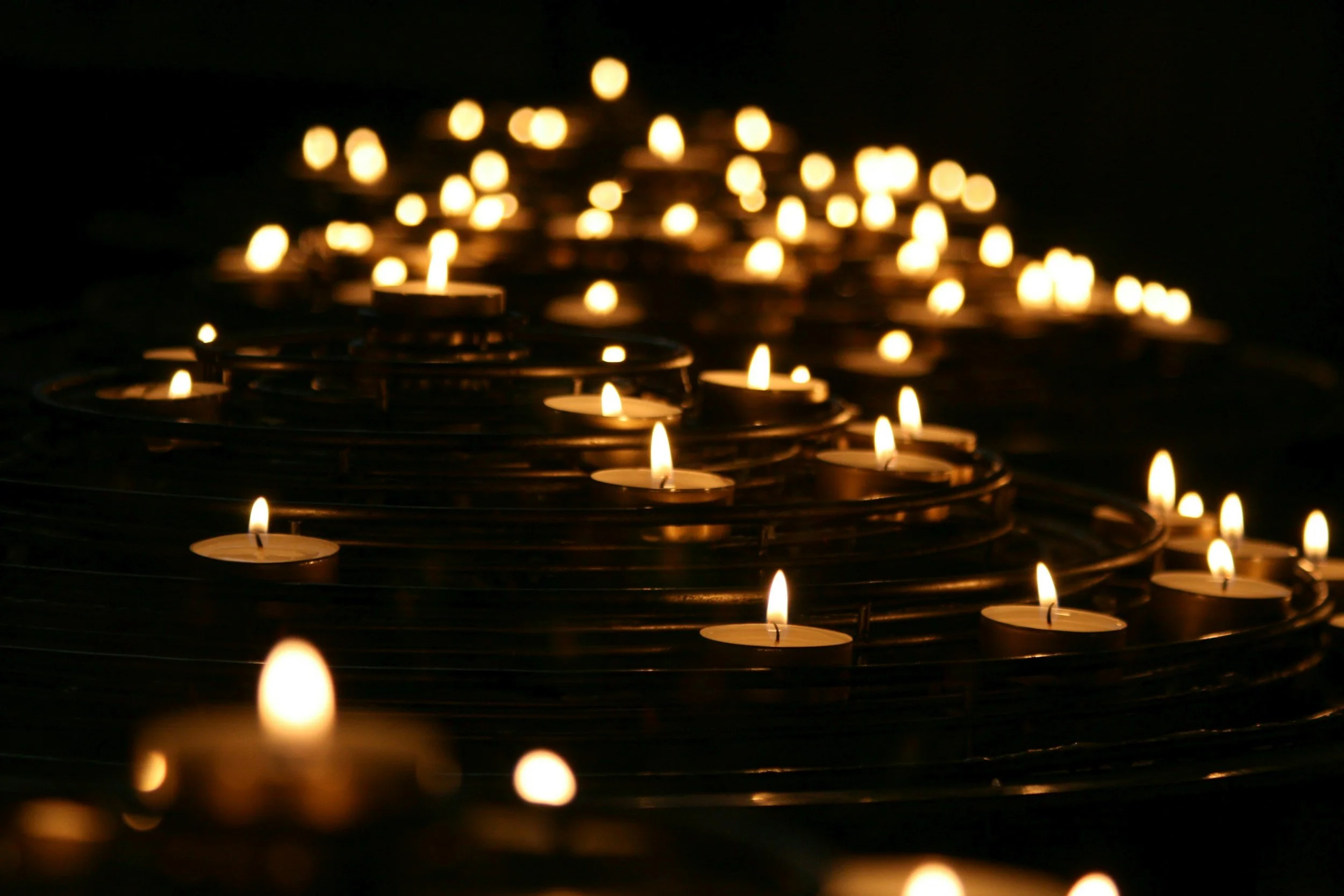My First Miscarriage and the Sting of Well-Meaning Words
"It’s probably for the best; something was likely wrong with the baby."
Maybe it wasn’t the first time she had said those words to a patient. Maybe someone had once said the same thing to her; I don’t know. What I do know is that I felt the sting of her words. She meant well, of that I am sure. I had come to know her as a friendly and experienced nurse. And even though I had just entered the worst part of my life, I could do no more than smile at her through my tears because I understood that she was trying to make a horrible situation better. To be honest, I didn’t understand much else.
Photo Credit: Unsplash
I didn’t understand how a missed miscarriage was possible. I didn’t know that your baby’s heart could stop beating while your own kept going…even though barely. I didn’t know that your body could keep carrying your baby with all its accompanying symptoms, ignoring the fact that your baby had died. I didn’t know that you could miscarry and have the news delivered to you through a scan. That is how we found out our baby had died. That ultrasound appointment was one to forget, and not just because of what we learnt, but how. One day I shall write about it in the hope that it will help others who have also experienced some form of medical trauma.
I was back at my doctor’s office, being prepared by the nurse before my doctor came in. Then my doctor arrived to explain the report she had received from the radiologist, and to tell us what to expect in the next steps. She told me, “Miscarriages are common; almost every woman I know has had at least one.”
Another sting. She meant well, of that I am sure. She had been my doctor for a while, and we were on the same team; she wanted us to win. I am sure she had spoken those words before, and she would speak them again. From that day on, I would learn that people don’t often know what to say or how to handle the grief of miscarriage; their own or another’s.
That was our first miscarriage, but it would not be our last. I remember feeling that everything seemed so loud and abrasive. The sun shone so brightly that it burned my stinging eyes, which were constantly crying. We still had to share our loss with the very few people who knew we had been pregnant. Their sadness and devastation joined ours. But since the heart is particularly tender at such a time as it searches for answers and meaning, you remember the worst – at least, I do.
I shared the news with a close friend. I didn’t want to because all I wanted to do was sleep. Yet even sleep had turned to torture as I dreamt I was still pregnant, only to wake up to the nightmare of reality and go through everything again.
Photo Credit: Unsplash
“Well, at least you know you can get pregnant.”
She meant well, of that I am sure. She was also going through her own struggles, but those words did nothing but leave me with a burden that felt even heavier. Was I supposed to be grateful for my loss? Was I grieving too deeply? And if I was, was something wrong with that? Getting pregnant wasn’t an experiment or a discovery I was now happy to learn was possible. We were hoping to have, hold, and love this baby.
Others have miscarried, I know. But women have babies every day. Do we fail to rejoice with them and congratulate them because it is so common?
Oftentimes, people don’t know what to say when you are going through, or have suffered, a miscarriage. So sometimes, they say nothing, or they say what sounds like the wrong thing. If you have had a miscarriage, or are going through one, I am sorry.
I am sorry.
When you don’t know what to say to someone grieving, start with these three simple words: "I am sorry." They may lead to a deeper conversation, or they may be all that's needed. Either way, they show empathy, and often, that is more than enough.

